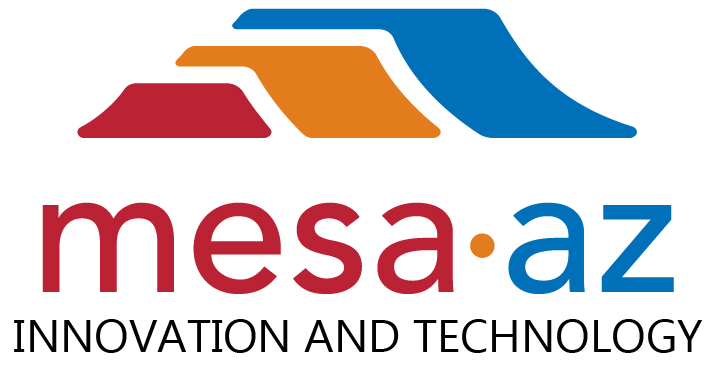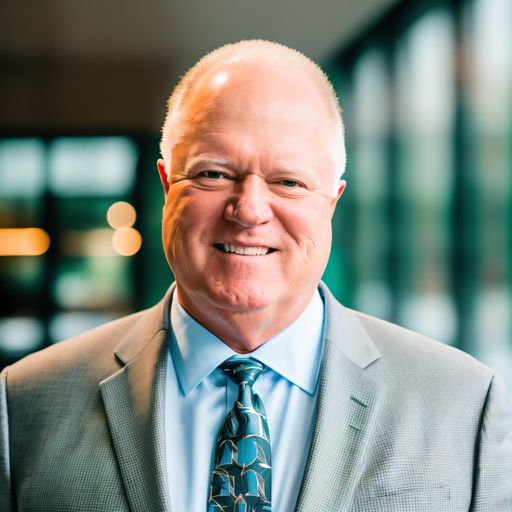
Scott Conn is the Chief Information Officer for the city of Mesa, Arizona, where he leads the Department of Innovation and Technology, known as DoIT. In this role, he is focused on bringing advanced and thoughtful technology solutions to improve the lives of Mesa’s residents, businesses, and visitors.
Scott Conn | Chief Information Officer | City of Mesa
His vision is to make Mesa an internationally recognized technology leader, and the department works under the bold motto: “Doing what others only dream.” With values rooted in trust, openness, and empowerment, Scott and his team are constantly working to make that vision a reality. At EliteX, we are proud to have Scott Conn as part of the edition: Tech Visionaries: Shaping the Future, 2025.
Scott’s journey into the world of technology began with a spark of curiosity. Early in his career, he worked at RadioShack when the TRS-80 personal computer had just come out. This experience introduced him to programming in BASIC and opened the door to a lifelong passion for technology. He worked his way through college and built a successful career at AT&T, eventually managing high-level technology deals between AT&T Bell Labs and European companies. This combination of hands-on technical skills and strategic thinking laid the foundation for the impactful work he does today.
At the city of Mesa, Scott doesn’t just manage technology—he sees it as a way to solve real-world challenges. One of his biggest goals is to properly introduce artificial intelligence into the city’s operations. He also focuses on implementing Smart City initiatives that benefit everyone, including residents, businesses, and city staff. His strategy is to start with simple, high-impact improvements such as faster response times and smoother processes. Once those are successful, his team can move on to more complex tasks, such as allowing contractors to upload building blueprints and receive compliance feedback within 24 hours using AI tools.
“I don’t see AI replacing people—I see it helping them do more, faster, and better.”
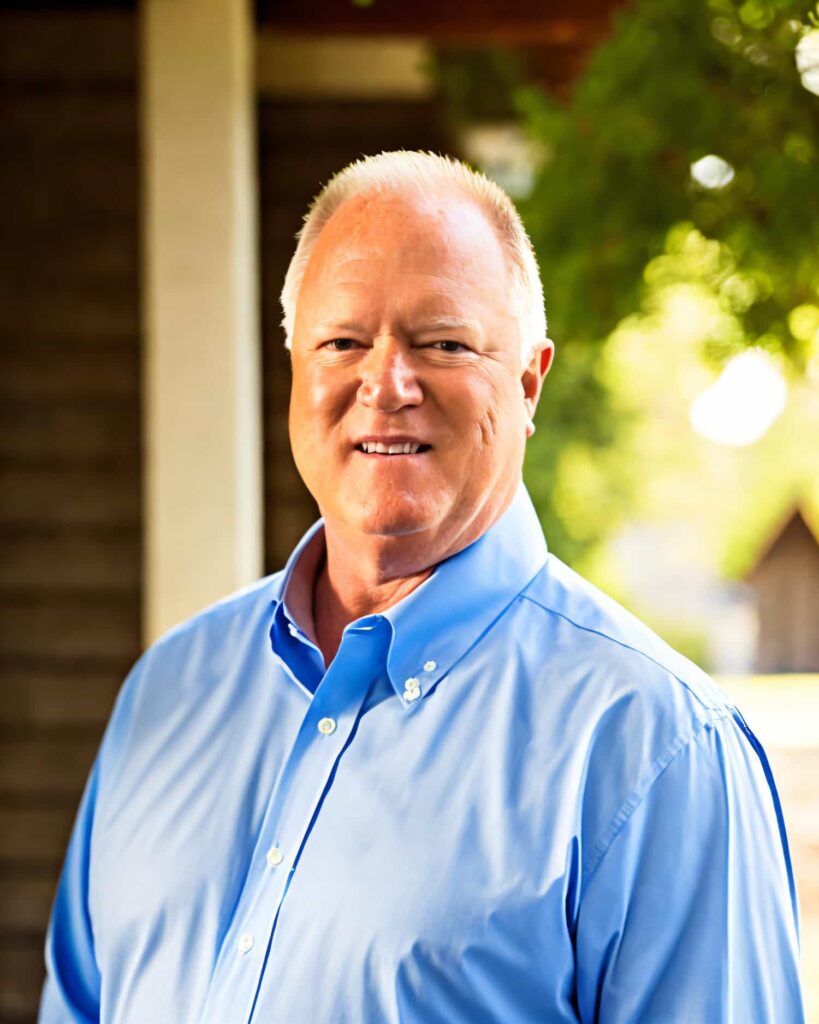
Artificial intelligence is the technology that excites Scott the most right now. While it’s still early in its application across the city, the potential is enormous. To explore what’s possible, he has set up an isolated “sandbox” environment where two people from each of the city’s 28 departments can experiment with AI tools. These participants are encouraged to play with the tools and figure out how AI might help them do their jobs better, faster, and more efficiently. Scott believes that true innovation comes from people on the ground using the tools in ways that directly improve their daily work.
Scott’s work is not only shaping the city of Mesa—it’s helping to shape the future of public service. Government work is often seen as slow-moving, but Scott wants to change that perception. He aims to make Mesa known for being ultra-responsive and forward-thinking. With strong support from the City Manager’s office and City Council, Scott’s team has the freedom to test and adopt new ideas. Other cities are taking notice. Mesa has received national and international attention for its smart city efforts, and other governments regularly reach out to learn from Scott’s team. This spirit of openness and collaboration is at the heart of Mesa’s success.
When it comes to accomplishments, Scott points to two key wins. First, WalletHub recently ranked Mesa as the best-run city in Arizona. This recognition speaks to the city’s leadership and the crucial role technology plays in keeping things running efficiently. Second, he highlights a new AI-powered utility inspection scheduling process. What used to be a frustrating and time-consuming task for contractors—scheduling inspections for water, sewer, or electrical connections—can now be done in 30 seconds using a smartphone. The AI tool gathers information from seven different databases and assigns an inspector in real time. Contractors and staff alike have praised the system, and Scott’s team plans to expand it to other areas of the city.

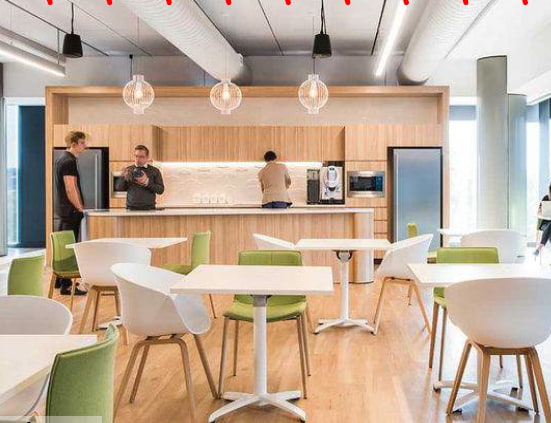
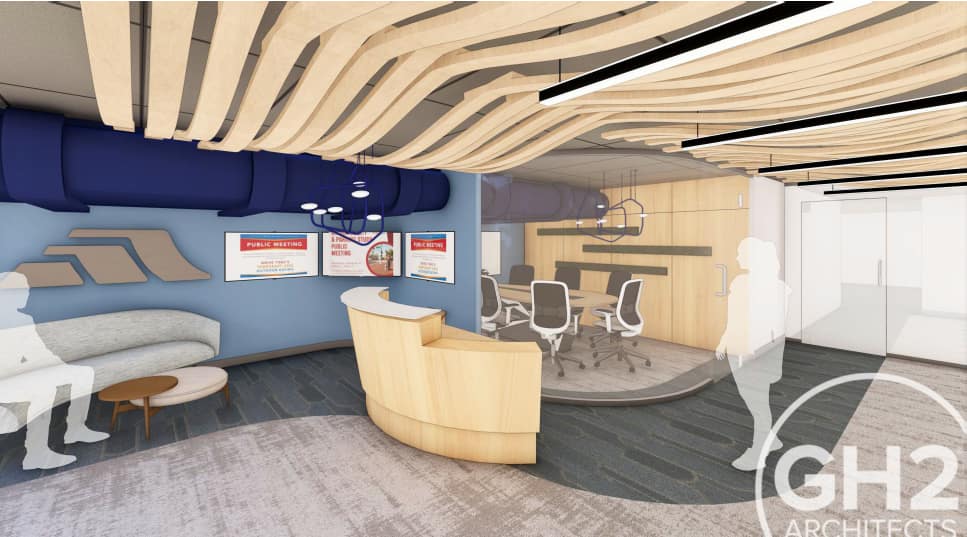

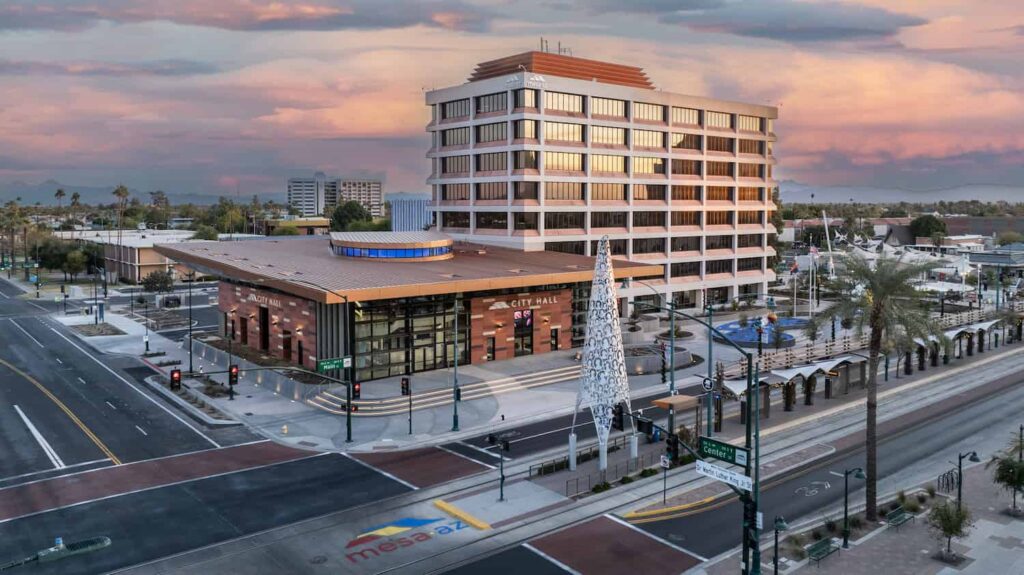

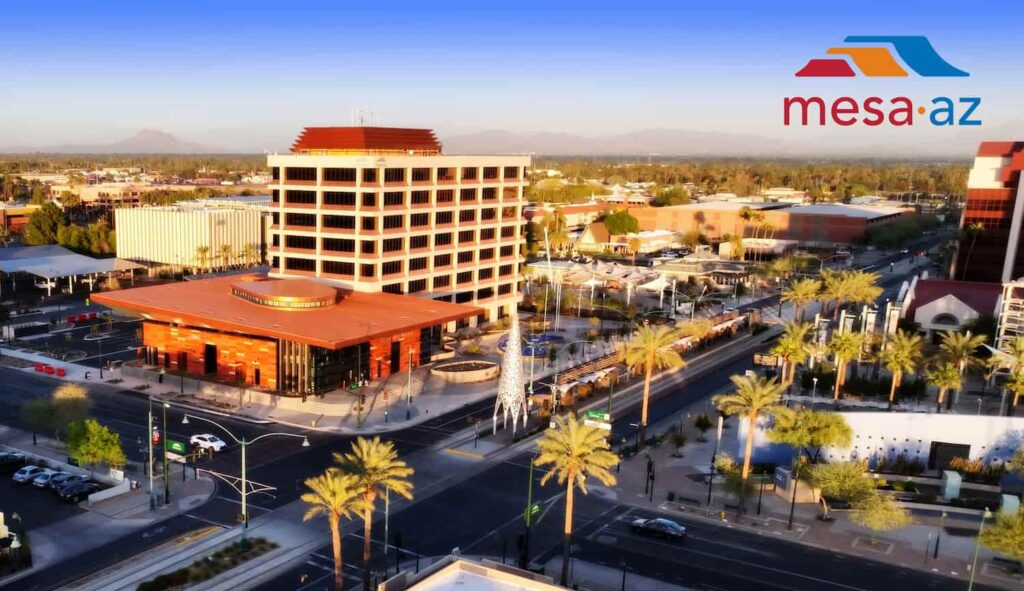
Of course, success doesn’t come without challenges. One of Scott’s biggest hurdles was improving the physical workspace for Mesa’s IT department. When he first arrived, the facility was outdated and uninspiring—located in a former high school building over 50 years old, with damaged ceiling tiles, flickering lights, and worn-out bathrooms. Recognizing that this environment affected staff morale, Scott made it a priority to upgrade the workspace. With support from city management, they began renovations to transform the building into a modern, Silicon Valley-style tech space. The improvements include new lighting, updated restrooms, fresh paint, and digital screens to enhance communication. Scott believes that this transformation will boost team spirit and give employees a place they can proudly show their families.
Scott gets new ideas from a variety of sources. He attends conferences, watches webinars, and talks to other experts. But most importantly, he listens to the city’s department leaders and his own IT staff. These are the people who know the city’s needs best and who often come up with creative solutions. Scott encourages a culture where people are comfortable sharing their ideas, which helps Mesa stay ahead of the curve in the public sector.
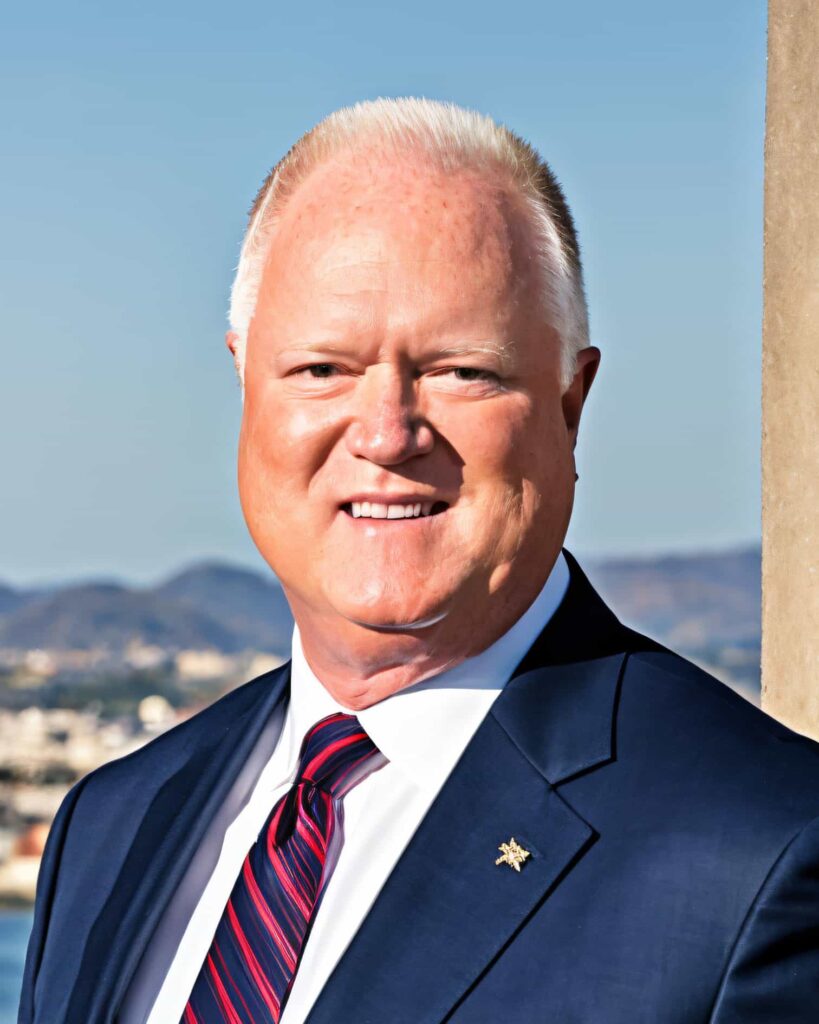
“Our department’s motto is ‘Doing what others only dream’—and we live by it.”
While some might call Scott a “tech visionary,” he prefers the term “technology enabler.” He believes his strength lies in taking the tools we have today and finding smart ways to use them to improve people’s lives. His job is not just to chase trends but to make sure new technology is implemented thoughtfully, with lasting value.
To ensure that technology serves everyone equally, Scott and his team roll out new tools in stages. They start with a small group of users, learn from their experience, and make improvements before expanding to more people. This careful, phased approach helps them avoid big mistakes and make sure the technology truly benefits its users. Even after a city-wide rollout, the team continues looking for ways to improve. For Scott, innovation is a never-ending process of learning and improving.
Keeping up with the fast pace of the tech world is no easy task, but Scott has a clever way to stay current. In addition to his own research, he helped create the Western Regional Innovation and Technology Alliance (WRITA). This group connects public-sector IT professionals from seven states, including Arizona, Nevada, and New Mexico. Through WRITA, Scott’s team can instantly chat with peers across the region to share advice and experiences. This network allows them to avoid common mistakes and find better ways to implement new systems. Scott finds this type of peer-to-peer knowledge sharing often more helpful than hiring external consultants.
Scott believes technology can and should play a key role in solving big global challenges like climate change and healthcare. He points out that many medical advances, from surgical techniques to health monitoring, are driven by technology. Likewise, tracking and addressing climate change requires accurate data, something only technology can provide. As AI becomes more powerful, Scott expects it will open up new possibilities in these areas, offering better solutions with fewer resources.
For young people considering a career in technology, Scott offers this advice: focus on what truly interests you. These days, most young people grow up with smart devices and use technology daily. But turning that familiarity into a career means choosing a specific area to explore deeply. Scott encourages young people to find something they’re passionate about—something they want to improve or innovate. When your job aligns with your passion, it no longer feels like work. It becomes a meaningful and rewarding part of your life.
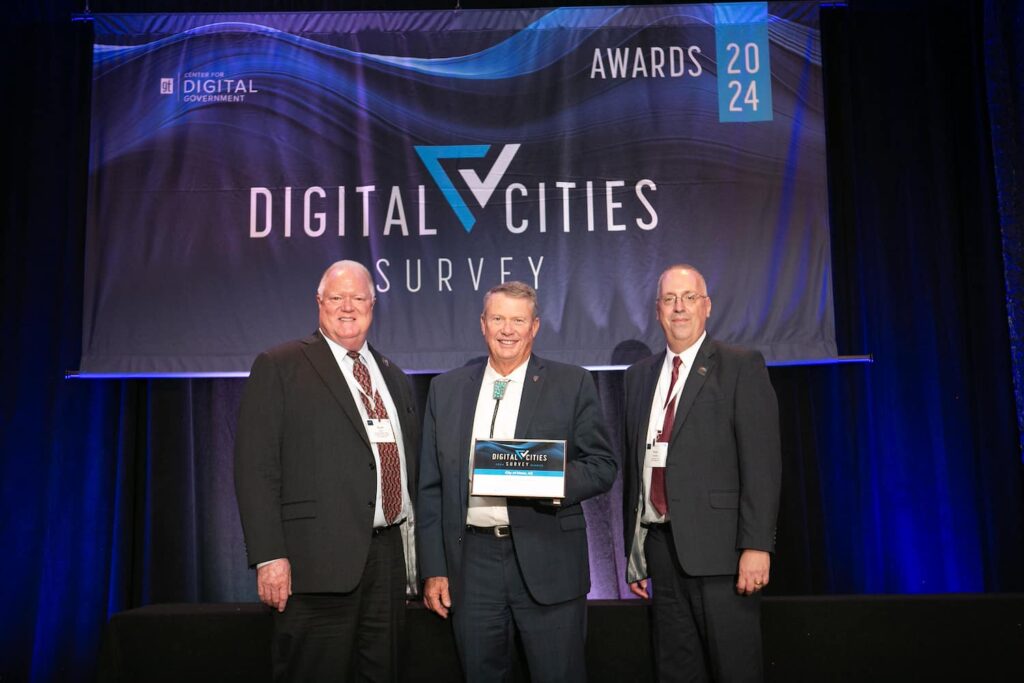
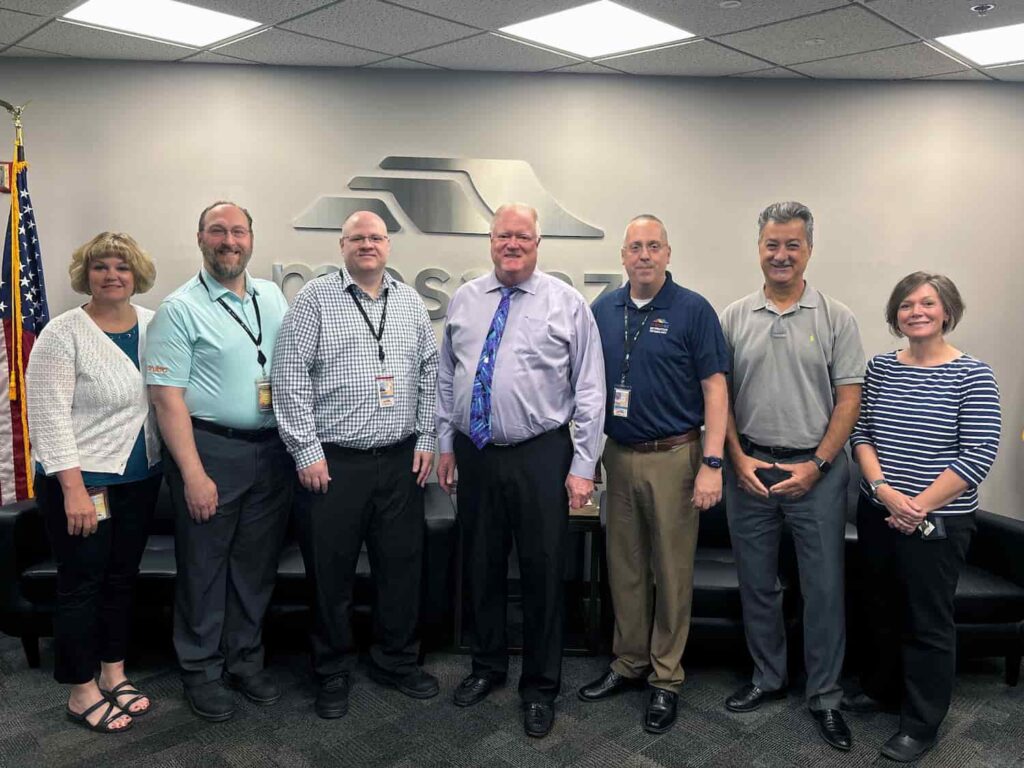
“We like to add value to any new implementations of technology that we deliver.”
Scott also warns that many people overlook the long-term responsibilities that come with new technology. There’s a lot of excitement around new devices and software, but not enough attention is paid to maintenance, upgrades, and sustainability. Hardware eventually wears out, and software needs regular updates to stay secure. Without proper planning for these future needs, systems can break down, causing frustration and delays. At the city of Mesa, Scott’s team always plans for the full lifecycle of a technology solution, from installation to retirement. This forward-thinking approach is a key reason for their success.
Looking ahead to 2030, Scott is most excited about the growing impact of artificial intelligence. Just as smartphones and remote work transformed our lives, he believes AI will revolutionize the way we work, live, and solve problems. He expects AI to handle complex tasks with intelligence and speed, allowing people to do more with fewer resources. Rather than taking away jobs, AI will become a tool that enhances productivity and allows people to focus on more meaningful work. The next five years, he believes, will be some of the most transformative in recent history.
Scott Conn’s story is not just about technology—it’s about leadership, innovation, and making a difference. By combining a passion for tech with a deep commitment to service, he’s helping build a smarter, more responsive, and more connected city. Through thoughtful planning, bold experimentation, and a willingness to share knowledge, Scott is showing how local government can lead the way into the future. In Mesa and beyond, his work is a powerful example of how technology, when used wisely, can truly improve lives.
